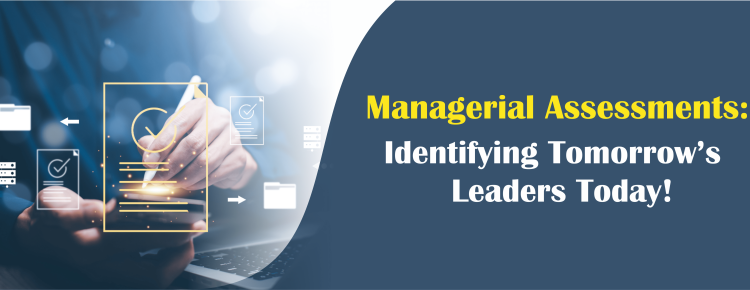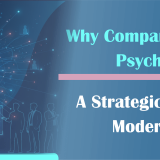In today’s fast-paced and competitive business environment, organizations cannot afford to leave leadership to chance. The success of a company depends not only on its strategies and resources but also on the people who lead it forward. This is where managerial assessments play a vital role – helping organizations identify, nurture, and develop the leaders of tomorrow.
Why Managerial Assessment Matters
Leaders are more than just managers; they are visionaries, motivators, and problem-solvers. However, not everyone with technical expertise or years of experience automatically makes a great leader. Managerial assessments allow organizations to go beyond surface-level credentials and evaluate the deeper qualities that predict effective Manager.
Some of the key reasons managerial assessments are critical include:
- Early Identification of Potential: Spotting future leaders before they step into formal managerial roles.
- Objective Evaluation: Reducing bias by using standardized, evidence-based tools.
- Succession Planning: Ensuring a ready pipeline of capable leaders to fill future gaps.
- Targeted Development: Helping HR and L&D teams design training programs tailored to individual needs.
What Do Managerial Assessments Measure?
Leadership is multidimensional. A comprehensive assessment does not focus on a single skill but evaluates a combination of traits, abilities, and behaviors such as:
- Personality Characteristics – Emotional stability, openness, resilience, and adaptability.
- Cognitive Abilities – Problem-solving, critical thinking, and decision-making capacity.
- Interpersonal Skills – Communication, empathy, and conflict resolution.
- Motivation & Drive – Achievement orientation, initiative, and accountability.
- Managerial Style – Ability to inspire, delegate, and guide teams effectively.
Tools and Methods Used
Organizations today use a range of scientifically designed psychometric tests and 360-degree feedback tools to evaluate managerial potential. Some common approaches include:
- Psychometric Personality Tests – To understand managerial styles and emotional intelligence.
- Aptitude and Cognitive Tests – To assess reasoning and analytical ability.
- Situational Judgment Tests (SJTs) – To evaluate decision-making in real-world scenarios.
- Assessment Centers – Simulations and group exercises to observe managerial behavior in action.
Benefits for Organizations
When managerial assessments are integrated into talent management strategies, organizations can:
- Build stronger, future-ready leadership pipelines.
- Reduce risks of leadership failure or poor managerial fit.
- Improve employee engagement by appointing leaders who can inspire trust and confidence.
- Gain a competitive advantage by ensuring leaders are aligned with the company’s vision and culture.
Management is not just about authority—it is about influence, vision, and the ability to drive change. By investing in managerial assessments today, organizations secure their future by identifying and grooming individuals who can take charge tomorrow.
At Psychometrica, we offer a range of scientifically validated managerial assessments to help organizations spot, nurture, and develop the leaders of the future.





